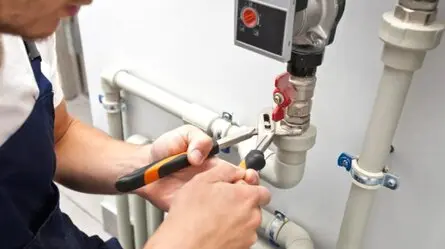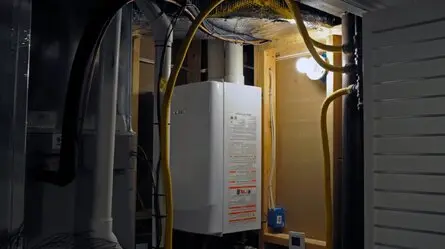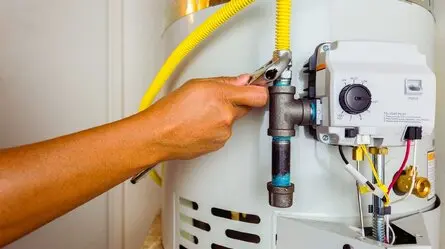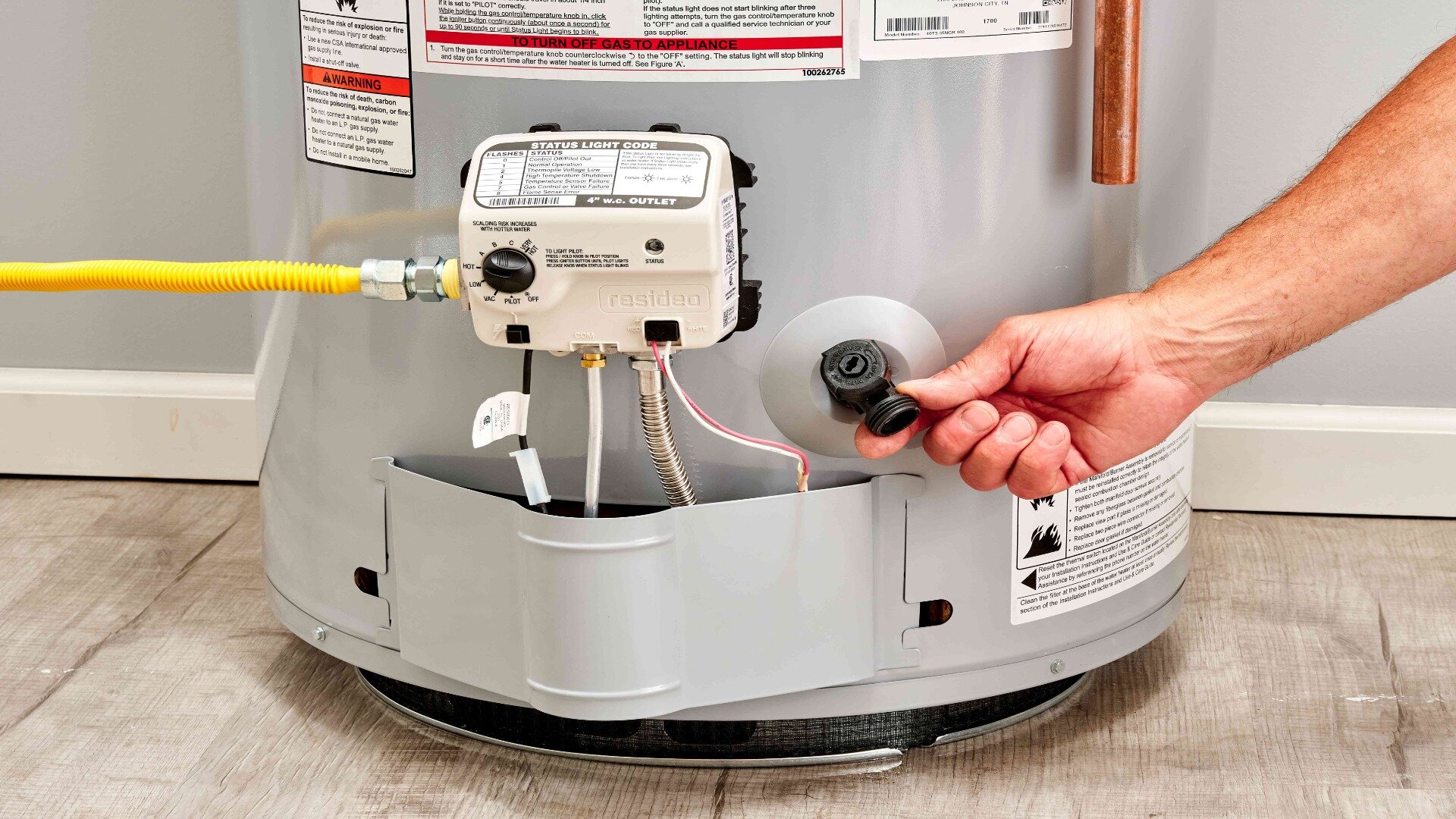
You’re considering switching gears and upgrading from your electric to a gas hot water system, and you’re wondering, "What’s in it for me? What’s this transition going to look like?" Well, you’ve come to the right place! We will look into the nitty-gritty of hot water systems and walk you through this journey from electric to gas.
Hot water systems are essential to our homes, aren’t they? Quietly ensuring a continuous flow of hot water for our showers, dishes, and laundry, they’re crucial to our everyday comfort. But here’s the catch - our choice of hot water system can shake up our energy costs and even leave a mark on our environmental footprint. So let’s take a look at this, shall we?
The Advantages of a Gas Hot Water System
Rapid Heating and Continuous Flow
A standout perk of a gas hot water system is how quickly it heats water. These systems are crafted to deliver hot water rapidly, significantly cutting down your waiting time.
This quick heating capability, often called 'continuous flow’, is not just a fancy feature but a patented technology incorporated in many gas hot water systems. In addition, systems with a continuous flow feature can provide unlimited hot water, unlike electric hot water systems that can run out once the storage tank is depleted.
Energy Efficiency and Cost Savings
Gas hot water systems generally offer greater energy efficiency compared to electric ones. Essentially, they consume less energy to heat the same volume of water.
This improved efficiency can translate into tangible savings in your energy bills. Dataindicates that using gas hot water can cut energy costs compared to electric hot water systems. That’s a substantial saving over time!
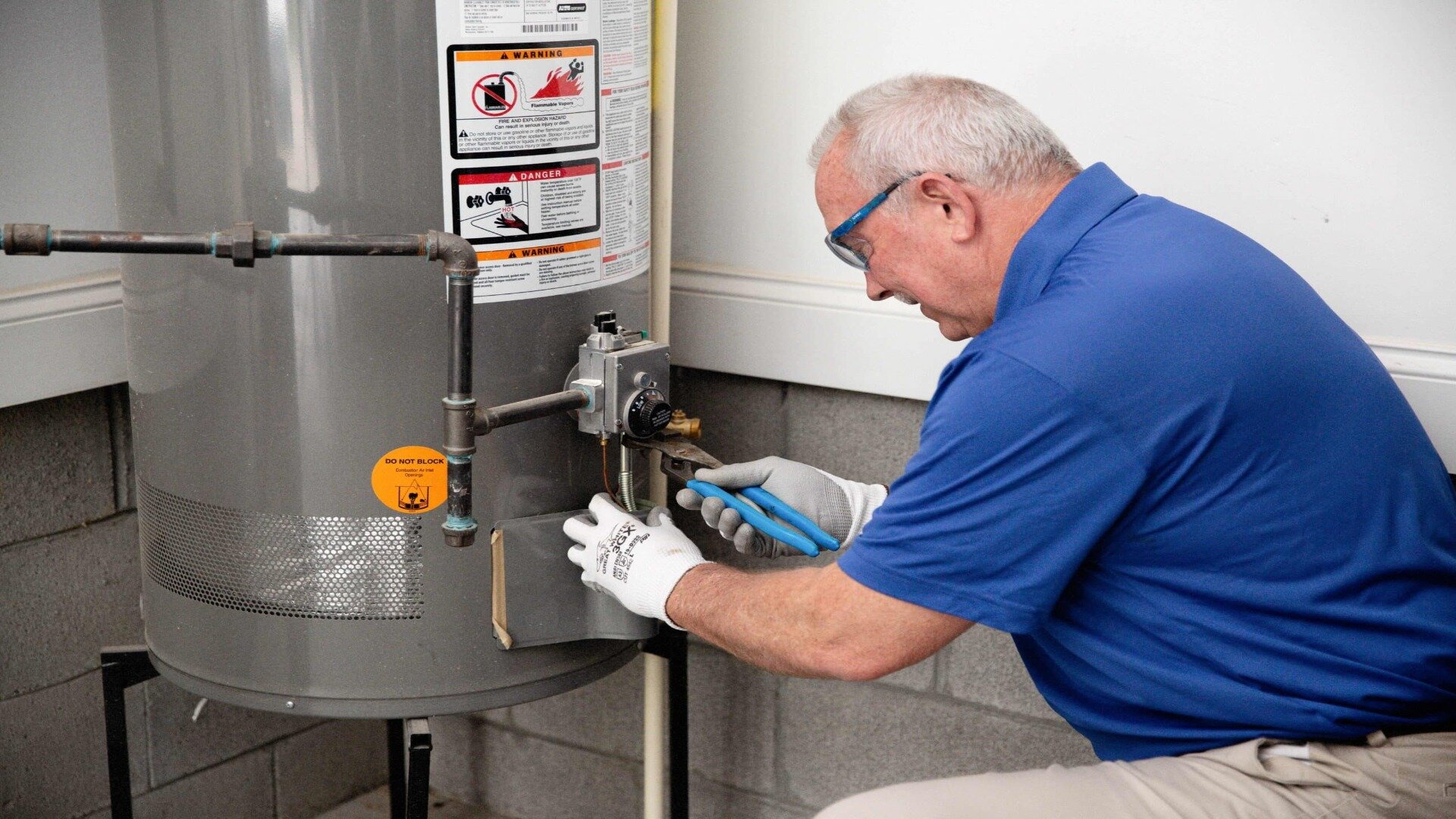
Lower Greenhouse Gas Emissions
Gas hot water systems aren’t just cost-effective; they’re environmentally friendly too. As we face the climate crisis, each step to cut down on greenhouse gases is vital.
When we use gas to heat our water instead of electricity, we choose a fuel source that emits less carbon dioxide. This choice can significantly reduce our carbon footprint, making gas hot water systems a more sustainable alternative.
Catering to High Hot Water Usage
Gas hot water systems, especially those with a continuous flow feature, can better cater to high hot water usage scenarios. Unlike electric hot water systems, which run out of hot water once the storage tank is depleted, gas systems can provide a steady and unlimited hot water supply, adding another layer of convenience to daily routines.
Understanding the Costs Involved
While gas hot water systems might be more energy-efficient, they come with some initial costs. These include the cost of the new hot water system and the plumbing and electrical work needed for installation. However, the long-term savings often offset these initial costs.
When considering running costs, it’s also crucial to consider the gas hot water system type. Storage tank systems, for example, store hot water in a tank for use when needed, while continuous flow systems heat water instantaneously as required. Due to reduced heat loss, continuous-flow gas hot water systems often have lower running costs than storage tank systems.
What’s The Installation Process?
Switching from electric to gas hot water means going through a detailed installation process. Let’s break down the steps, keeping in mind the different system types and their potential challenges.
Removal of the Old System
The process begins with safely removing your old electric hot water system. Whether a traditional electric hot water heater or a heat pump hot water system, a professional will carefully disconnect and remove your old unit, ensuring all the electrical and plumbing connections are safely handled.
Installation of the New Gas System
Once the old system is removed, the next step is to install your new gas hot water system. This is where the type of gas system you’ve chosen— a storage tank system or an instantaneous gas system—comes into play.
For a storage tank system, you’ll need to allocate space for the tank, considering factors like accessibility for future maintenance and safety clearances. On the other hand, an instantaneous gas system, also known as a tankless system, typically takes up less space and can be installed in various locations, including on the wall.
Regardless of the type, installing gas hot water heaters often involves adjusting the existing plumbing lines to accommodate the new system. Additionally, electrical work may also be needed for systems with electric ignition.
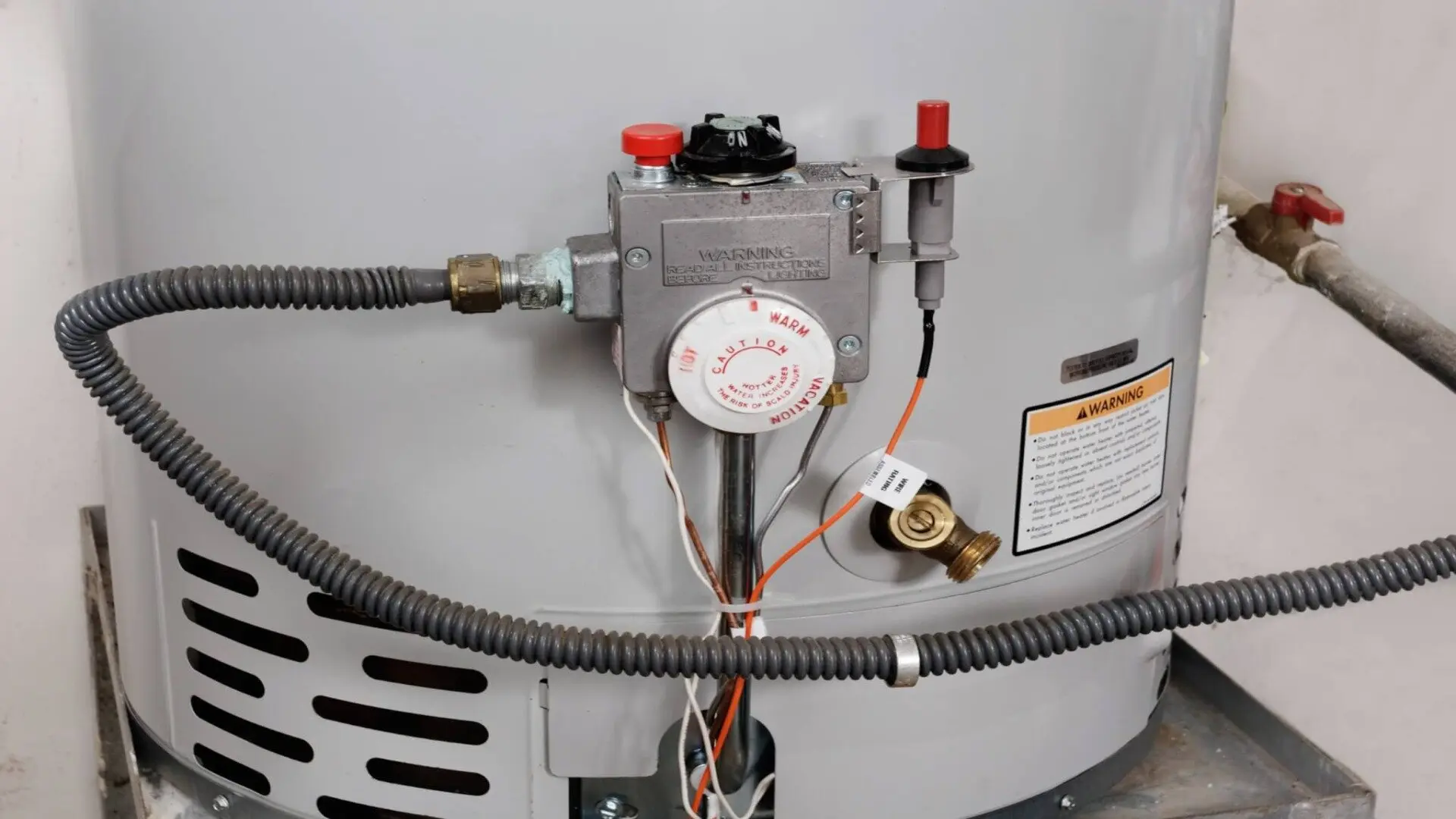
Special Considerations for Heat Pump Systems
The process might be more complex if you upgrade from an electric heat pump hot water system. Heat pump systems operate differently from traditional water heaters or instantaneous gas systems. They use the heat in the air to heat water, a process that involves different components and connections.
As such, transitioning from a heat pump system to a gas system might require more extensive plumbing and electrical adjustments. But don’t worry—a professional can guide you through this process and ensure your new gas hot water system is installed correctly and safely.
Post-Installation Checks
After installing your new gas hot water system, it’s vital to run post-installation checks. These ensure everything’s in top-notch condition. Typically, this involves testing for gas leaks, checking water temperatures, and verifying that all safety devices are working properly.
Things To Keep In Mind When Upgrading
Your starting point is the availability of a gas supply. Natural gas is the most common and cost-effective fuel for gas hot water systems. However, if your home doesn’t have a natural gas supply, consider bottled gas as an alternative. But remember, while bottled gas can keep your system running, it could increase your operational costs over time.
Next, consider the size and location of your new gas hot water system. Gas systems come in various sizes, and picking the right one is crucial. Your hot water usage patterns, household size, and peak water demand will guide this decision. Remember, an undersized system might leave you with cold showers, while an oversized one could lead to unnecessary energy consumption.
The location of your system matters, too. Whether it’s a storage tank system or an instantaneous gas system, you’ll need to find a suitable spot that complies with safety regulations and allows for easy access during maintenance.
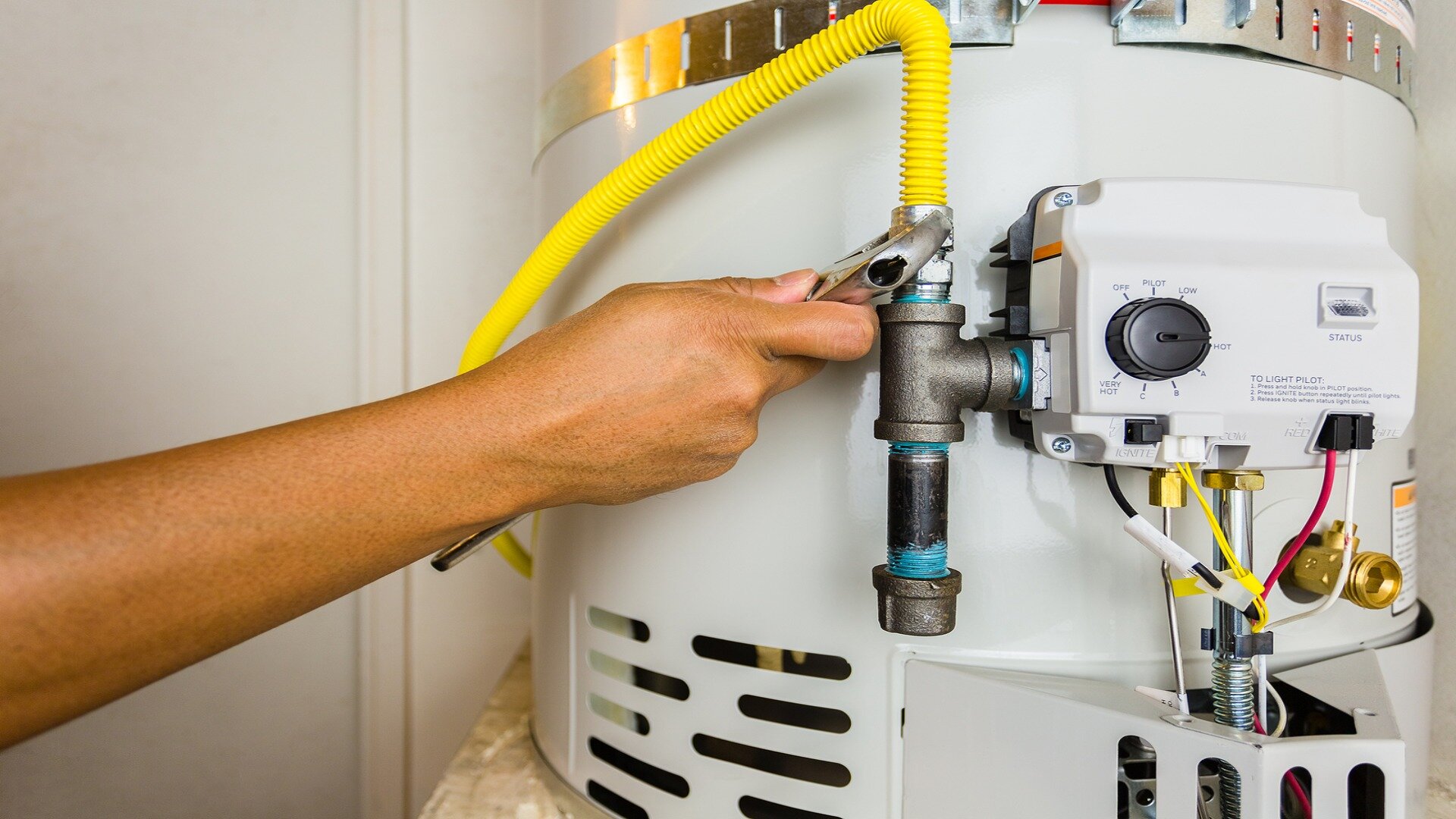
Speaking of maintenance, that’s another factor to consider. Like their electric counterparts, gas hot water systems require regular servicing to stay safe and efficient. However, due to their complexity, gas systems often demand more frequent checks. Key components like the gas burner and gas storage parts need special attention, so be prepared for a slightly more involved maintenance schedule.
Lastly, don’t overlook the cost aspect. The initial cost of a gas hot water system might be higher than an electric one. However, the lower operational costs and potential energy savings could offset this initial investment over time. It is important to consider both the short-term and long-term costs in your decision.
Exploring Alternatives: Solar and Heat Pump Hot Water Systems
Should a gas hot water system not fit into your scheme of things, you can consider other efficient alternatives - solar hot water systems and heat pump hot water systems. These alternatives can provide comparable benefits and be a better fit depending on your circumstances.
Solar hot water systems leverage the sun’s power to heat your water, making them an incredibly energy-efficient choice. By installing solar panels on your home, these systems can significantly reduce greenhouse gas emissions, making them a green option for environmentally conscious homeowners.
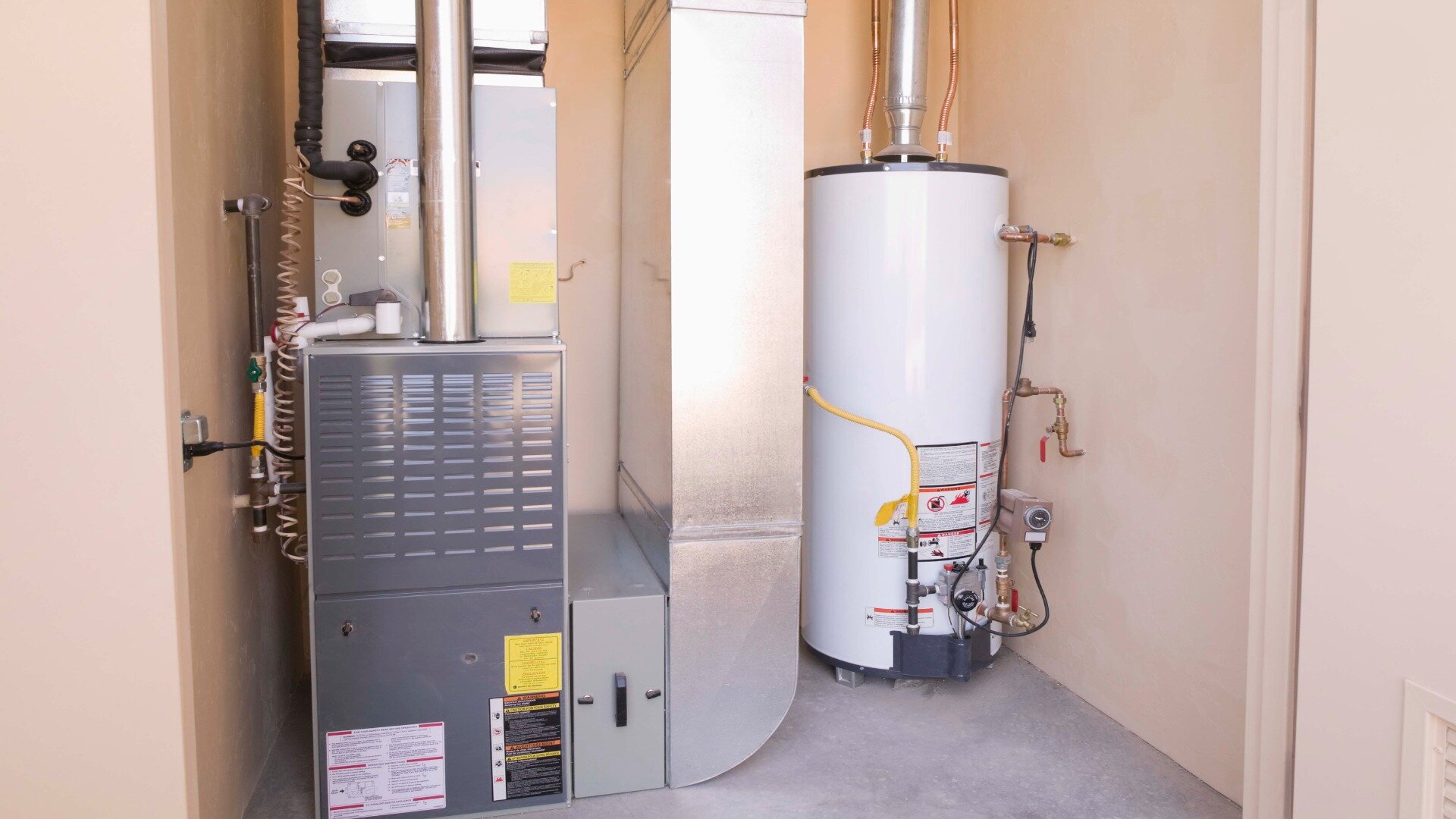
However, while they can offer substantial energy savings, solar hot water systems can be expensive. Plus, they depend on sunlight and thus may require a gas-boosted or electric element for backup during cloudy days or at night.
On the other side of the spectrum, we have heat pump hot water systems. These systems are a type of electric hot water system, but they are far more energy-efficient than traditional ones. Heat pump systems operate a bit like a reverse refrigerator. They extract heat from the air and use it to heat your water. This innovative approach to heating water can provide significant energy savings compared to traditional electric hot water systems.
Making The Upgrade: Navigating the Hot Water System Maze
Upgrading from an electric to a gas hot water system is a significant step that can influence various aspects of your household, including your energy costs, environmental footprint, and overall hot water usage. It’s pivotal to weigh all the factors - from selecting a system that aligns with your needs to considering the installation costs and future maintenance.
But remember, the effectiveness of your hot water system isn’t solely about the type you choose - it’s also about how you use it. Incorporating simple habits, such as avoiding overfilling the electric kettle or tweaking the temperature on your water heater, can also contribute to energy conservation and cost reduction.
The journey from electric to gas hot water may present challenges, but with the proper guidance and professional assistance, you can navigate this transition smoothly and efficiently.
Whether you choose a continuous-flow gas hot water system or a solar hot water system with a gas-boosted backup, the most fitting choice will depend on your unique needs and circumstances. Therefore, it’s always advisable to consult with a professional to ensure you make an informed decision that aligns with your lifestyle and energy-saving objectives.
Thinking about taking the plunge? The Woolf Plumbing & Gas team in Perth will walk you through every step, helping you make the right choice for your home. Reach out to us today to explore your options and embark on a journey towards more efficient, cost-effective hot water usage.


